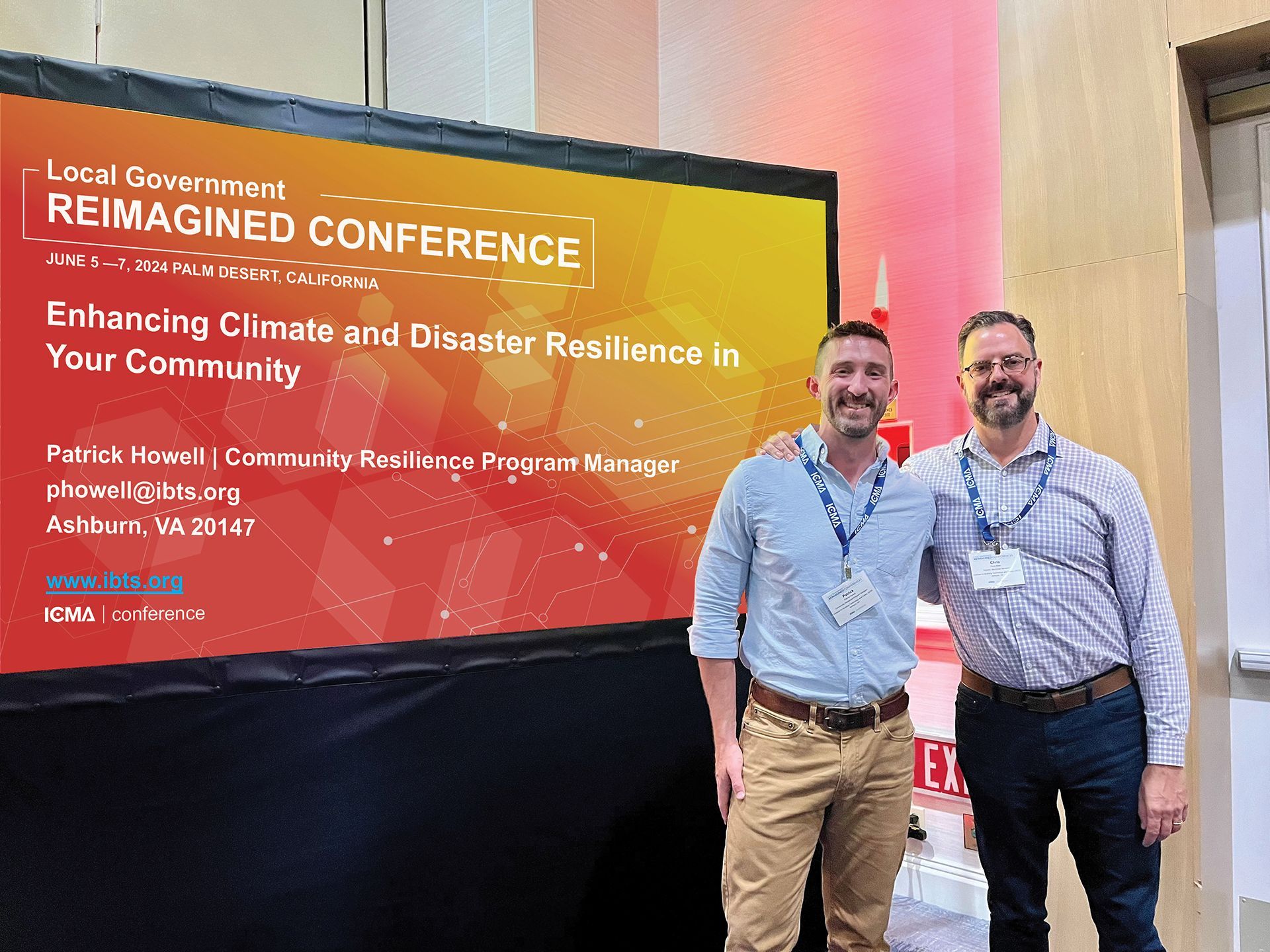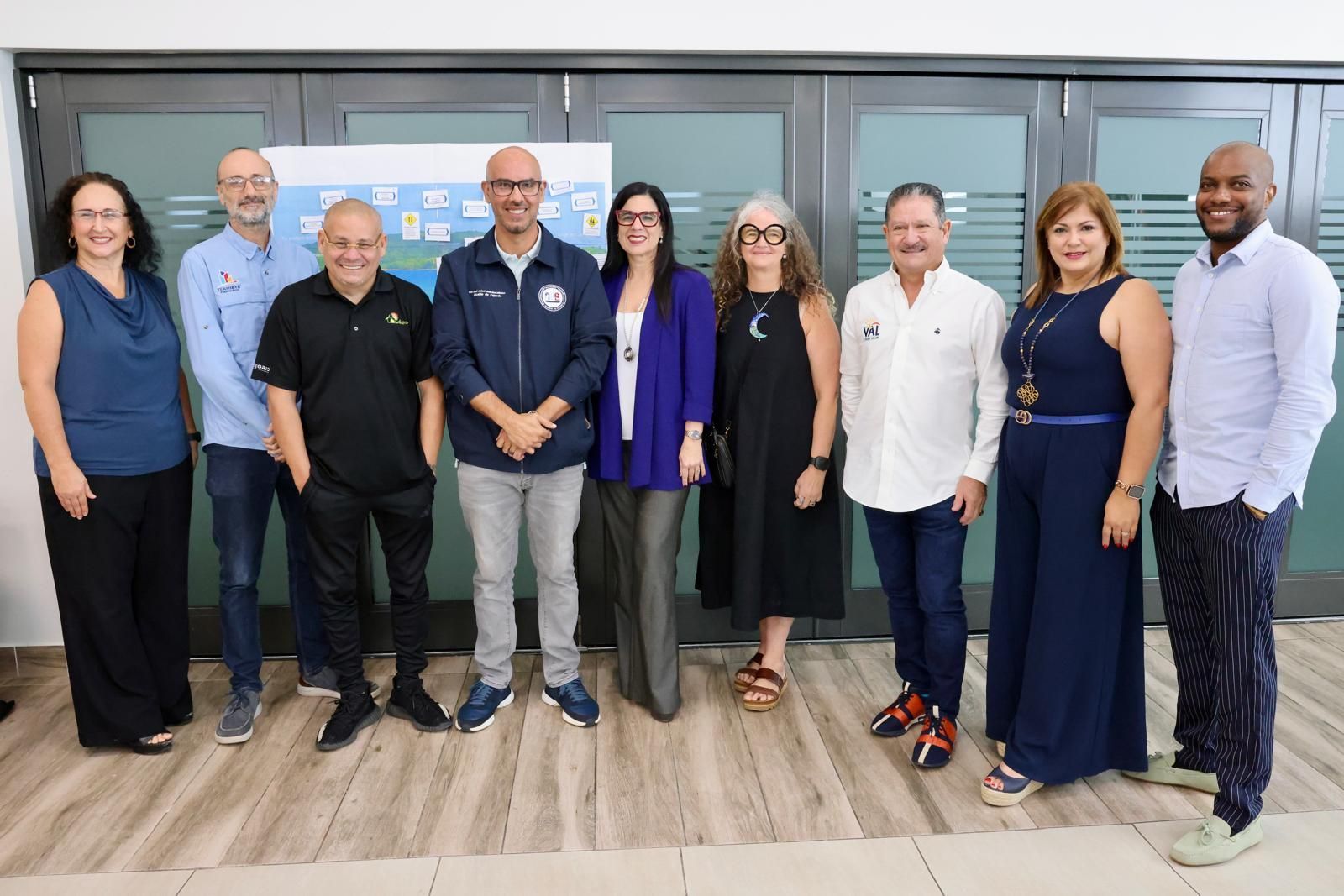Hablemos Sobre la IA con Relación a la Planificación y Acción del Gobierno Local
Share this article:
Hay mucho que discutir sobre el impacto seguro y el potencial transformador de la inteligencia artificial (IA) para el gobierno local. Pero es importante empezar a tomar medidas para establecer la visión, políticas y planes de IA de su gobierno. Aquí le mostramos cómo empezar.

Durante la reciente conferencia Local Government Reimagined de ICMA en Palm Desert, California, la inteligencia artificial (IA) fue el tema central, con presentaciones sobre innovaciones en IA en todo, desde finanzas del gobierno local hasta servicios ambientales, contratación y retención de personal, y resiliencia climática y ante desastres, así como innumerables conversaciones entre paneles. Sin embargo, ya sea que los asistentes estuvieran hablando sobre los posibles beneficios de la IA o sus riesgos, la mayoría aún se encuentra en las primeras etapas de discusión y no ha adoptado un enfoque estructurado para examinar la IA internamente en su gobierno. Con la rápida aceleración de la IA, ahora es el momento de comenzar a tener estas importantes conversaciones, para que su comunidad pueda construir consenso y crear acciones claras sobre cómo aprovechar y gestionar esta tecnología transformadora.
¿Necesita ayuda para empezar? El Libro de Estrategias de IA para el Gobierno Local de ICMA es una guía paso a paso desarrollada como un punto de partida para que los gobiernos locales creen su estrategia de IA. A través de una serie de preguntas y ejercicios, el libro proporciona un marco sencillo para entender y desarrollar acciones en torno a las circunstancias, necesidades y objetivos únicos de su comunidad. También proporciona orientación y ejemplos sobre cómo usar la IA de manera responsable y efectiva, así como los riesgos y factores éticos a considerar. Por ejemplo, estos recursos pueden ayudar a su gobierno a establecer procedimientos operativos estándar para proporcionar una guía clara al personal, funcionarios electos y residentes sobre dónde es apropiada la IA y dónde no lo es.
De cara al futuro, IBTS sigue explorando cómo estamos utilizando la IA para servir mejor a los gobiernos. Estamos llevando a cabo actividades de planificación de IA en las comunidades en las que ofrecemos
apoyo municipal; del mismo modo, vemos un potencial significativo en la forma en que la IA puede beneficiar nuestra
participación pública, las evaluaciones de
resiliencia climática y los esfuerzos de
planificación comunitaria
a través de un análisis de datos mejorado y acelerado, la participación de la comunidad y los enfoques de modelado predictivo y evaluación de riesgos.
Haga clic aquí
para ver nuestra presentación diapositivas de la conferencia, y estén atentos a medida que compartimos más sobre las innovaciones de IBTS en las próximas semanas.





